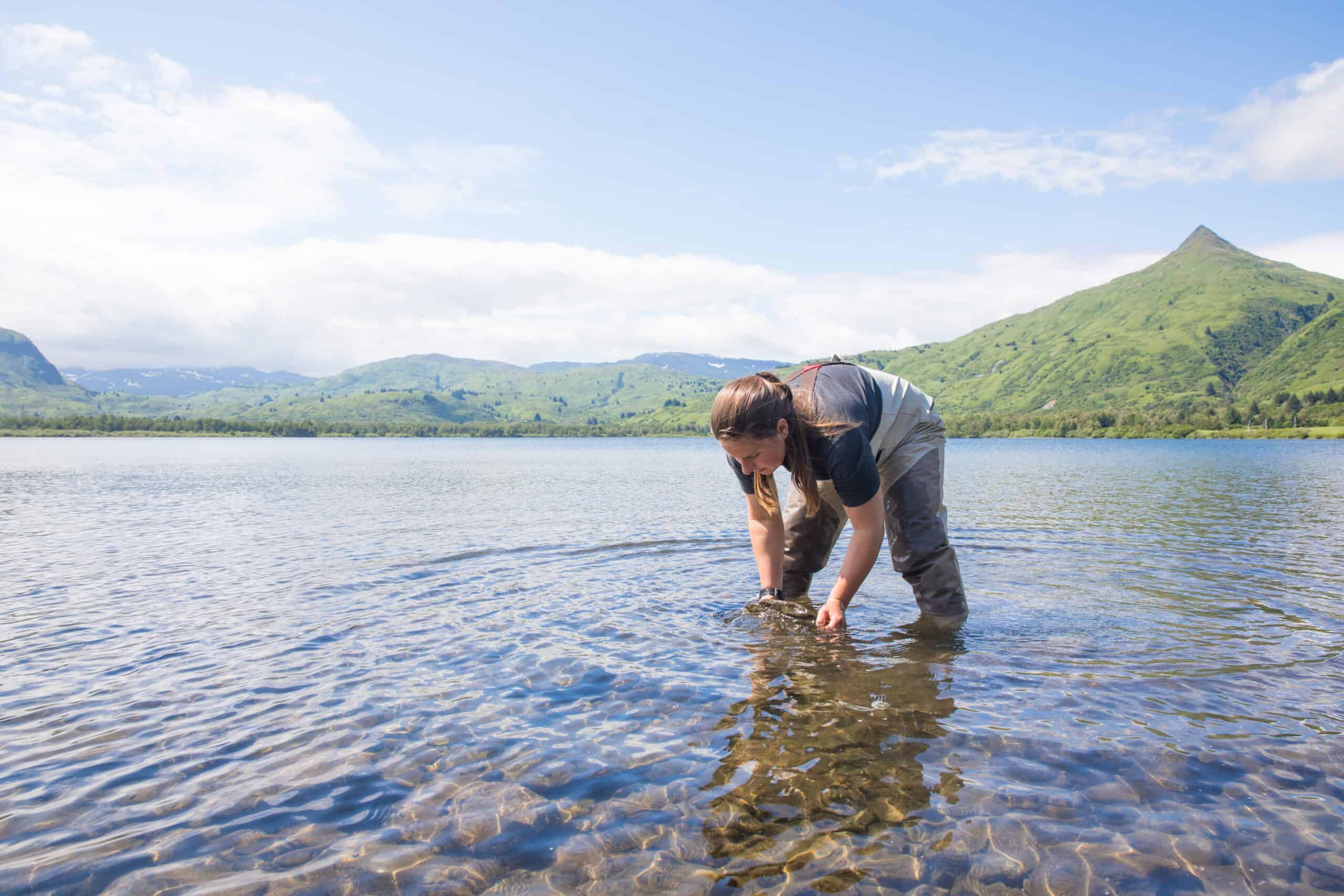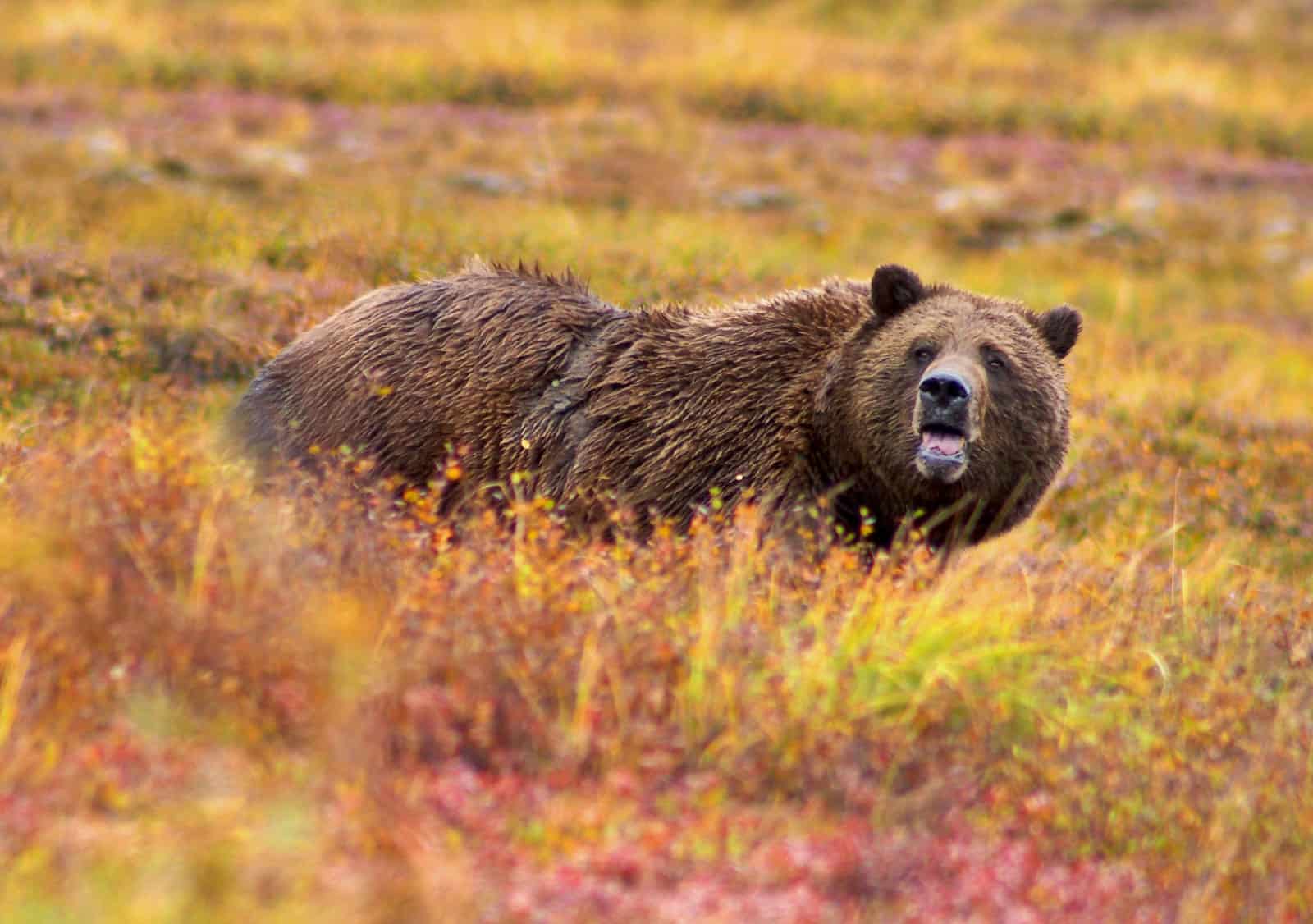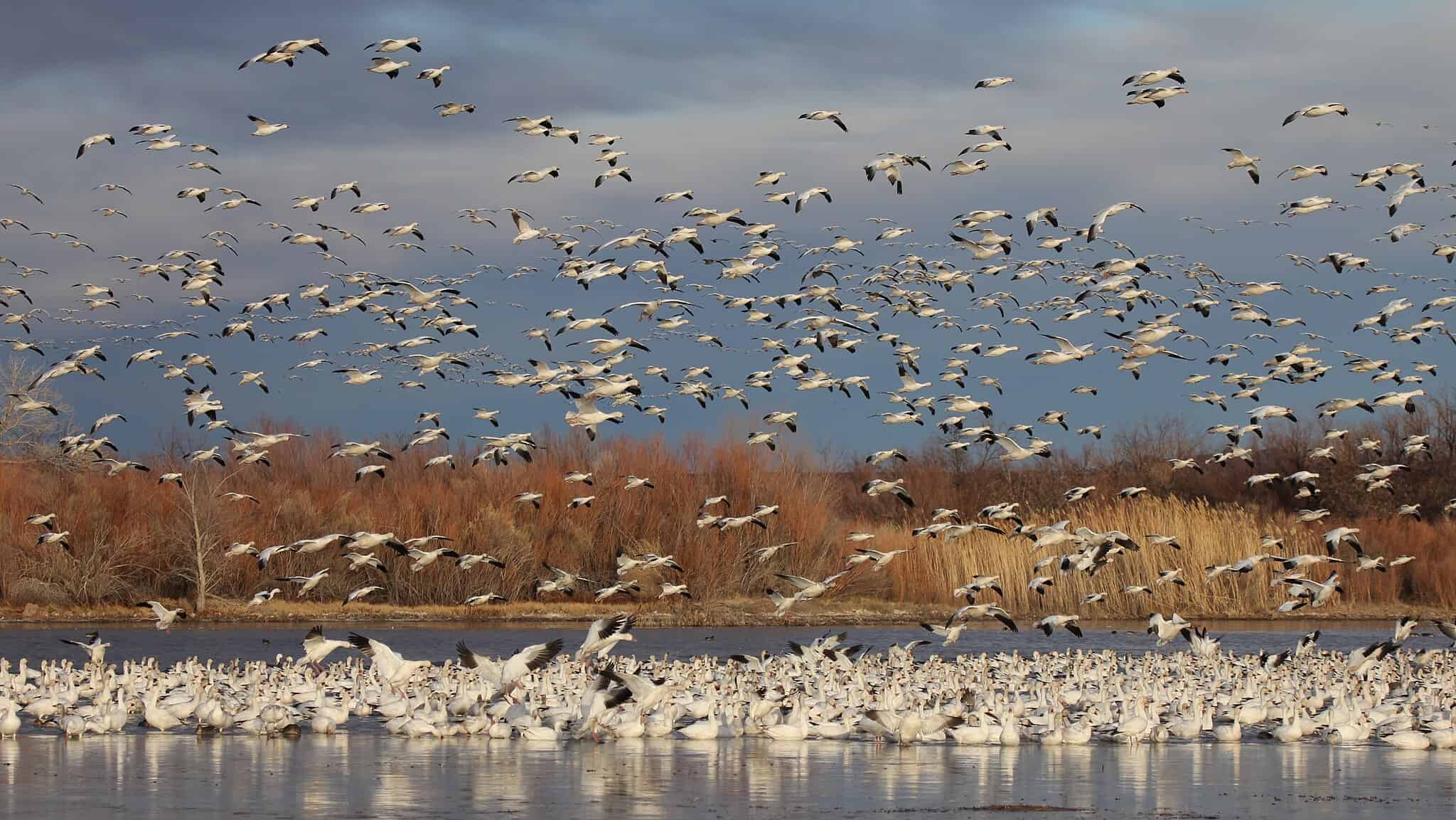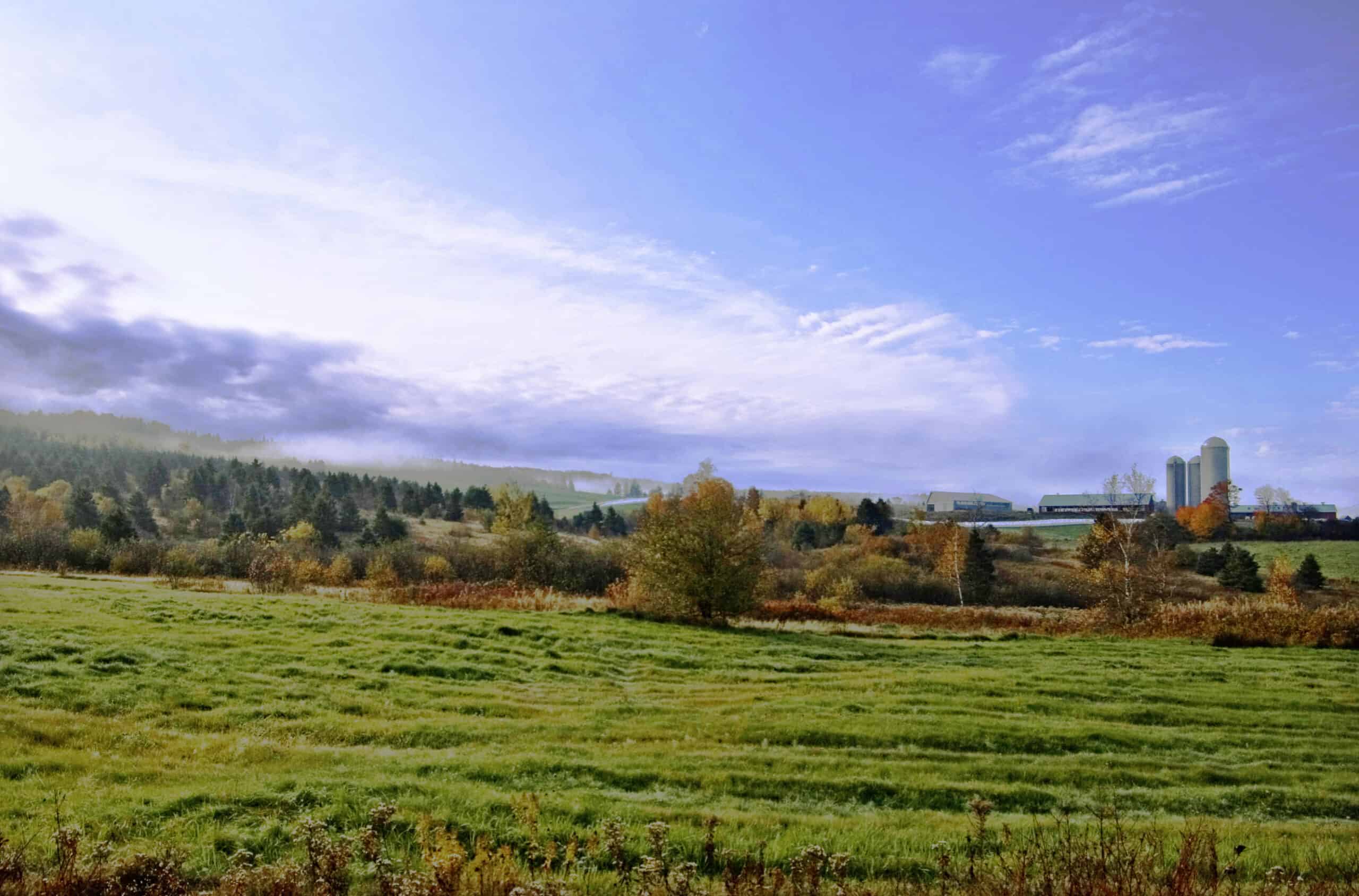Share this article
TWS comments on NSF’s Procedures Guide revision
TWS made several recommendations for tribal engagement in the NSF funding process
The Wildlife Society, with the support of TWS’ Native Peoples’ Wildlife Management Working Group, recently submitted comments on the National Science Foundation’s revisions to its Proposal and Award Policies and Procedures Guide. The Society expressed overall support for NSF’s efforts to better account for impacts on Tribal communities and peoples in the guide.
National Science Foundation funding primarily comes through grants, cooperative agreements, contracts and other arrangements awarded to institutions, nonprofits, Tribal nations, for-profit organizations and state and local governments.
In April, the NSF requested public comment on its guide revisions, which include changes in the use of the terms “tribal government” and “tribal nation,” requirements around data sharing and permissions, and criteria for obtaining permissions from Tribes to conduct NSF-funded research.
“I’ve never heard of this kind of genuine action and interest in the public renegotiation of funding mechanisms, like NSF awards,” said Celina Gray, chair-elect for the NPWMWG and a member of the Native American Fish & Wildlife Society. Gray was a contributor to the comments.
“NSF officials were also recognizing the need for input directly from Native wildlife professionals,” Gray said. “Participation in this process effectively swings the pendulum towards a system that could potentially make sweeping strides in addressing inequities for the conservation of wildlife by Native people, on Tribal lands and for collaborative projects.”
In its comments, TWS urged NSF to consider how processes outlined in its guide align with resources currently available for Tribes to engage with and review research proposals and funding opportunities.
“Funding is power when it comes to wildlife, no matter where you work,” Gray said. “We have a long way to go, but man, we collectively, are ready to try hard in our pursuit—’iikahkiimaat,’ as my Amskapi Pikuni relatives say.”
“Funding is power when it comes to wildlife.”
Celina Gray
TWS also noted that, while beneficial, the revised guide could be burdensome for some Tribal governments, for example, in regard to funding proposals that require prior approval from a Tribal nation but lack NSF enforcement procedures. TWS suggested that funding proposals be given a “tentatively awarded” period while required documentation is gathered.
TWS also recommended that “tribes engaging with the NSF funding process should be provided with a clear avenue for communicating concerns about proposals with identified impacts on tribes” and stressed the continued engagement with Tribal nations throughout the revision and implementation process, including engagement with Tribes recognized by states but unrecognized by the federal government.
Last year, TWS provided comments to the administration in support of greater inclusion of Indigenous knowledge in federal policy, an effort that is well-aligned with support for tribal engagement in the NSF funding process.
Those comments were also developed in conjunction with TWS’ Native Peoples’ Wildlife Management Working Group. Members of The Wildlife Society’s Native Peoples’ Wildlife Management Working Group contribute to the wildlife profession as subject matter experts on issues and topics impacting Native Americans of the U.S., Canadian First Nations and Indigenous People globally on the diverse systems of wildlife management.
Header Image: Kelly Kreuger, Tribal biologist with Sun'aq, turns over rocks in the shallows of Buskin Lake, Alaska while sampling for invasive crayfish.








